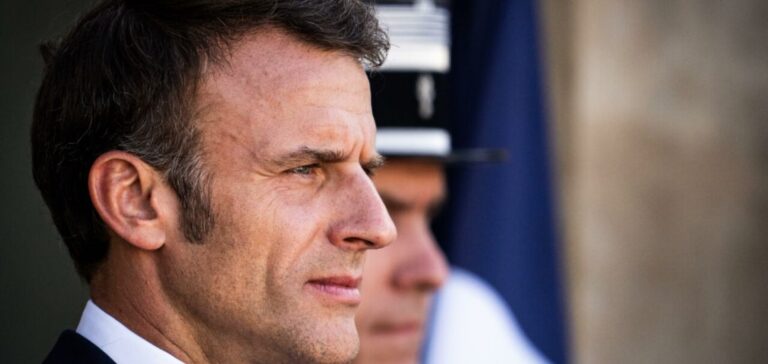On Monday, March 17, 2025, President Emmanuel Macron will convene the fourth Nuclear Policy Council of his mandate. This meeting takes place as France reaffirms its commitment to nuclear energy to secure its energy sovereignty and respond to current climate challenges.
Focus on Small Modular Reactors (SMR)
The Council will focus on innovative small reactor projects, also known as Small Modular Reactors (SMRs). The objective is to concentrate government support on the most promising projects, aiming to have two operational SMRs in France by 2030. This initiative aims to position France at the forefront of nuclear innovation.
Uranium Supply: A Strategic Issue
Amid renewed global interest in nuclear energy, uranium supply has become a critical concern. Major uranium suppliers are located in Canada, Africa, and Central Asia. It is essential to equip French companies, notably Orano (formerly Areva), with the resources to guarantee long-term uranium supply, ensuring the sovereignty of France’s entire nuclear sector.
Update on the EPR2 Program
The Council will also review the progress of the EPR2 reactor program. Discussions are expected to pave the way for financing negotiations with the European Commission. This initiative aligns with France’s ambition to expand nuclear power production capacity to meet future energy demands.
Context of Macron’s Nuclear Strategy
Since his speech in Belfort in February 2022, Emmanuel Macron has positioned nuclear energy at the core of France’s energy strategy. This approach aims to strengthen the country’s energy independence and address contemporary climate challenges.
Future Energy Needs of France and Europe
Faced with growing energy demand and the necessity to reduce greenhouse gas emissions, France and Europe must diversify and secure their energy sources. Nuclear power, as a low-carbon energy source, occupies a central role in this strategy. The revival of France’s nuclear program is part of efforts to ensure energy sovereignty while meeting European climate goals.
This proactive approach in the nuclear sector highlights France’s intention to maintain energy leadership and actively contribute to Europe’s energy transition objectives.






















